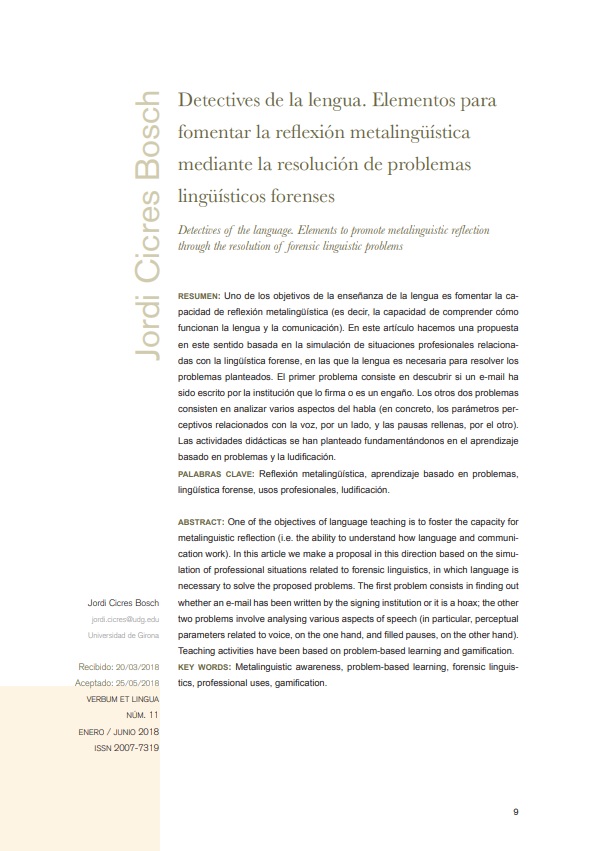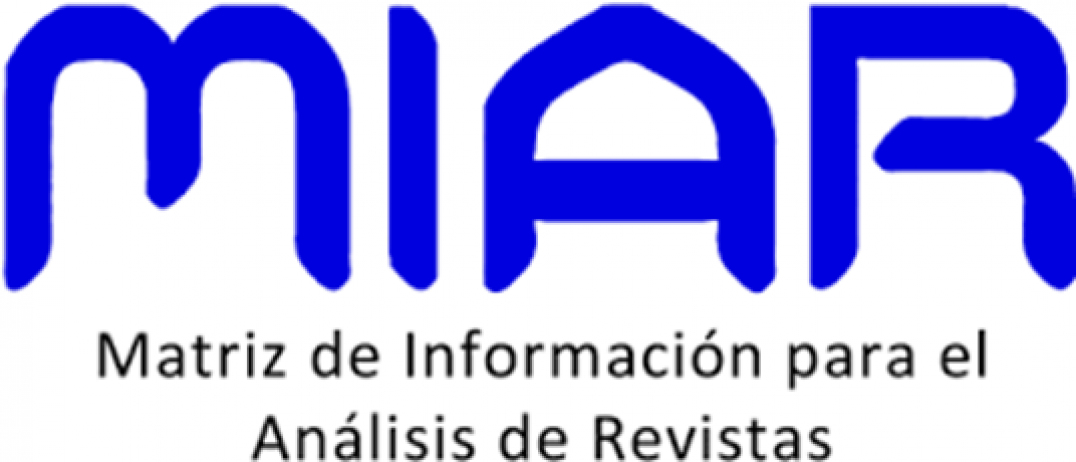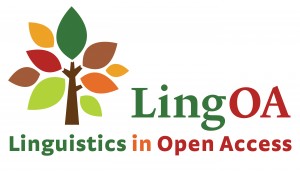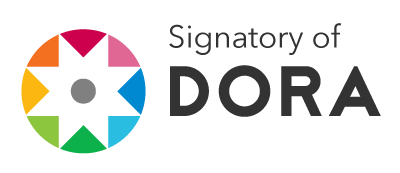Detectives de la lengua. Elementos para fomentar la reflexión metalingüística mediante la resolución de problemas lingüísticos forenses
DOI:
https://doi.org/10.32870/vel.vi11.100Palabras clave:
Reflexión metalingüística,, aprendizaje basado en problemas, lingüística forense, usos profesionales, ludificación.Resumen
Uno de los objetivos de la enseñanza de la lengua es fomentar la capacidad de reflexión metalingüística (es decir, la capacidad de comprender cómo funcionan la lengua y la comunicación). En este artículo hacemos una propuesta en este sentido basada en la simulación de situaciones profesionales relacionadas con la lingüística forense, en las que la lengua es necesaria para resolver los problemas planteados. El primer problema consiste en descubrir si un e-mail ha sido escrito por la institución que lo firma o es un engaño. Los otros dos problemas consisten en analizar varios aspectos del habla (en concreto, los parámetros perceptivos relacionados con la voz, por un lado, y las pausas rellenas, por el otro). Las actividades didácticas se han planteado fundamentándonos en el aprendizaje basado en problemas y la ludificación.
Descargas
Citas
Andrews, S. (1999). ‘All these like little name things’: A comparative study of language teachers’ explicit knowledge of grammar and grammatical terminology. Language Awareness, 8 (3-4), 143-159.
Bagley, E. y Shaffer, D.W. (2011). Promoting civic thinking through epistemic game play. En R. Ferdig (Ed.), Discoveries in gaming and computer-mediated simulations: New interdisciplinary applications. (111-127).
Hershey, PA: IGI Global.
Barrows, H. S. (1986). A Taxonomy of problem- based learning methods. Medical Education, 20, 481-486.—.(1996). Problem-Based learning in medicine and beyond: A brief overview. En L. Wilkerson y W. H. Gijselaers (Eds.),Bringing Problem-Based Learning to Higher Education: Theory and Practice. (3-12). San Francisco: Jossey-Bass Publishers.
Brown, R. (1982). What is speaker recognition. Journal of the International Phonetics Association, 12 (1), 13–24.
Brunning, R.H., Schraw, G.J. y Ronning, R. R. (1995). Cognitive Psychology and Instruction (2ª ed.). New Jersey: Prentice Hall.
Burridge, K. y Mulder, J. (1998). English in Australia and New Zealand: An introduction to its structure, history and use. Melbourne: Oxford University Press.
Carlisle, J. (1995). Morphological awareness and early reading achievement. En L. Feldman (Ed.), Morphological aspects of language processin. (189-209). Hillsdale, NJ: Lawrence Erlbaum. núm. 11 / enero-junio / 2018 23
Cazden, C. (1976). Play with language and meta-linguistic awareness: One dimension of language experience. En J. S. Burner, A. Jolly y K. Sylva (Eds.), Play: Its role in development and evolution. (603-608). New York: Basic Books.
Cicres, J. (2014). Comparación forense de voces mediante el análisis multidimensional de las pausas llenas. Revista Signos. Estudios de Lingüística, 47(86): 365-384.—. (2017). The Role of Idiolectal Evidence in Speaker Identification. En F. Orletti y L. Mariottini (Eds.), Forensic Communication in Theory and Practice. A Study of Discourse Analysis and Transcription. (65-84). Cambridge: Cambridge Scholars Publishing.
Coulthard, M. (2004). Author identification, idiolect, and linguistic uniqueness. Applied Linguistics, 254, 431-447.
Cheng, N., Chandramouli, R. y Subbalakshmi, K. P. (2011). Author Gender Identification from Text. Digital Investigation, 8, 78-88.
Deterding, S., Dixon, D., Khaled, R. y Nacke, L. (2011). Gamification: Toward a definition. En Proceeding of CHI 2011. Vancouver: Gamification workshop.
Dolz, J. (1999). L’ensenyament de l’oral formal: els gèneres orals públics. En M. García, R. Giner, P. Ribera y C.
Rodríguez (Ed.), Ensenyament de llengües i plurilingüisme. València: Universitat de València.
Dolz, J., Gagnon, R. y Mosquera, S. (2009). La didáctica de las lenguas: una disciplina en proceso de construcción. Didáctica. Lengua y Literatura, 21, 117-141.
Estopà, R. (Coord.) (2006). Hablamos de lengua con niños y niñas. Barcelona: Graó.
Foulkes, P. y Docherty, G. (2006). The social life of phonetics and phonology. Journal of Phonetics, 34, 409-438.
Gibbons, J. y Turell, M. T. (Eds.) (2008). Dimensions of Forensic Linguistics. Amsterdam/ Philadelphia: John Benjamins.
Gil, J. (2007). Fonética para profesores de español: de la teoría a la práctica. Madrid: Arco/ Libros.
Glaser, R. (1991). The Maturing of the relationship between the science of learning and cognition and educational practice. Learning and Instruction, 1, 129-144.
Halliday, M. y Hasan, R. (1989). Language, Context and Text: Aspects of Language in a Social-semiotic Perspective. Oxford: Oxford University Press.
Hense, J., Klevers, M., Mandl, H. y Sailer, M. (2013). Phsycological Perspectives on Motivation through Gamification. Interaction Design and Architecture(s) Journal, 19, 28-37.
Herley, C. (2012). Why do nigerian scammers say they are from nigeria?. En WEIS, 2012. [Online]. Disponible: http://research.microsoft.com/apps/pubs/default.aspx?id=167719 (Fecha de consulta: 22/11/2017).
Kapp, K. M. (2012). The Gamification of Learning and Instruction. Game-Based Methods and Strategies for Training and Education. San Francisco: Pfeiffer.
Künzel, H. J. (1997). Some general phonetic and forensic aspects of speaking tempo. International Journal of Speech, Language and the Law, 4(1), 48-83. Labov, W. (1994). Principles of Linguistic Change, I: Internal Factors. Oxford: Blackwell.—. (2001). Principles of Linguistic Change, II: External Factors. Oxford: Blackwell.
Machuca, M., Llisterri, J. y Ríos, A. (2015). Las pausas sonoras y los alargamientos 24 Jordi Cicres Bosch. Detectives de la lengua. Elementos para fomentar la reflexión metalingüística... en español: un estudio preliminar. Revista NORMAS, 5, 81-96.
Mahony, D. L. y Mann, V. A. (1992). Using children’s humor to clarify the relationship between linguistic awareness and early reading ability. Cognition, 45, 163-186.
Masgrau, M. (2013). Reflexionem sobre la llengua per millorar-ne l’ús. Perspectiva Escolar, 368, 27-34.
Nash, P. y Shaffer, D. W. (2011). Mentor modeling: The internalization of modeled professional thinking in an epistemic game. Journal of Computer Assisted Learning, 27(2), 173-189.
Rebollo, L. (1997). Pausas y ritmo en la lengua oral. Didáctica de la pronunciación. En F. Moreno, M. Gil y K. Alonso (Eds.), El español como lengua extranjera: del pasado al futuro. Actas del VIII Congreso Internacional de la Asociación para la enseñanza del Español como Lengua Extranjera. (667-676). Alcalá de Henares: Servicio de Publicaciones de la Universidad de Alcalá.
Shaffer, D.W. y Resnick, M. (1999). Thick authenticity: New media and authentic learning. Journal of Interactive Learning Research, 10(2), 195-215.
Shaffer, D.W., Nash, P., y Ruis, A.R. (2015). Technology and the new professionalization of teaching. Teachers College Record, 117(12), 1-30.
Stepanova, S. (2007). Some features of filled hesitation pauses in spontaneous Russian. En J. Trouvain y W. J. Barry (Eds.), Proceedings of ICPhS 2007. 16th International Congress of Phonetic Sciences. (1325-1328). Saarbrücken.
Tunmer, W. E. y Bowyer, J. A. (1984). Metalinguistic awareness and reading acquisition. En W. E. Tunmer, C. Pratt y M. L. Herriman (Eds.). Metalinguistic awareness in children. (144-168). New York: Springer.
Turell, M. T. (2010). The use of textual, grammatical and sociolinguistic evidence in forensic text comparison. The International Journal of Speech, Language and the Law, 17(2), 211-250.
Zipke, M. (2007). The Role of Metalinguistic Awareness in the Reading Comprehension of Sixth and Seventh Graders. Reading Psychology, 28(4), 375-396.














